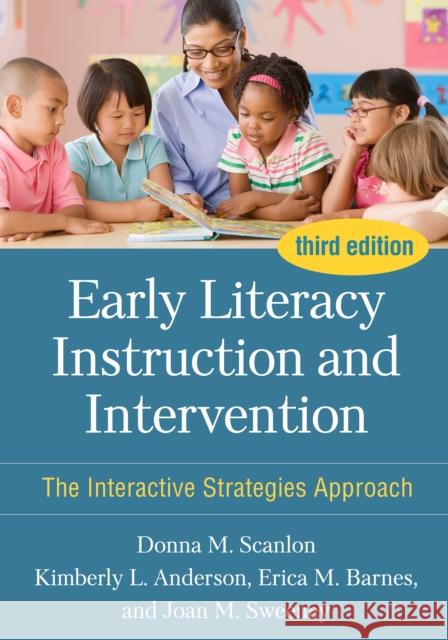Early Literacy Instruction and Intervention, Third Edition: The Interactive Strategies Approach » książka
topmenu
Early Literacy Instruction and Intervention, Third Edition: The Interactive Strategies Approach
ISBN-13: 9781462553655 / Angielski / Miękka / 2024 / 508 str.
Early Literacy Instruction and Intervention, Third Edition: The Interactive Strategies Approach
ISBN-13: 9781462553655 / Angielski / Miękka / 2024 / 508 str.
cena 239,94
(netto: 228,51 VAT: 5%)
Najniższa cena z 30 dni: 222,03
(netto: 228,51 VAT: 5%)
Najniższa cena z 30 dni: 222,03
Termin realizacji zamówienia:
ok. 22 dni roboczych.
ok. 22 dni roboczych.
Darmowa dostawa!
Kategorie:
Kategorie BISAC:
Wydawca:
Guilford Publications
Seria wydawnicza:
Język:
Angielski
ISBN-13:
9781462553655
Rok wydania:
2024
Ilość stron:
508
Wymiary:
25.4 x 17.8
Oprawa:
Miękka
Dodatkowe informacje:
Bibliografia
Glosariusz/słownik
Wydanie ilustrowane
Glosariusz/słownik
Wydanie ilustrowane











